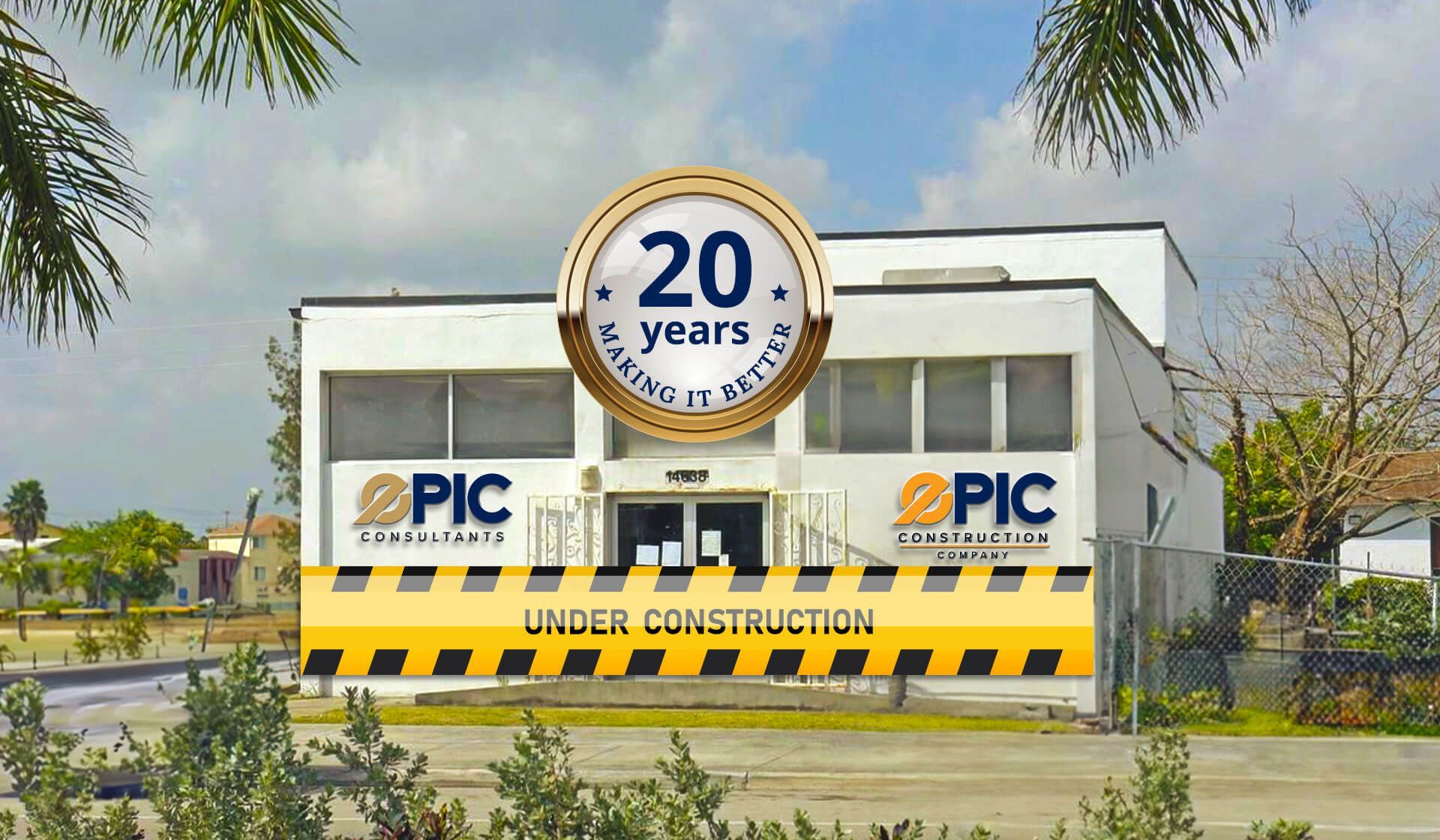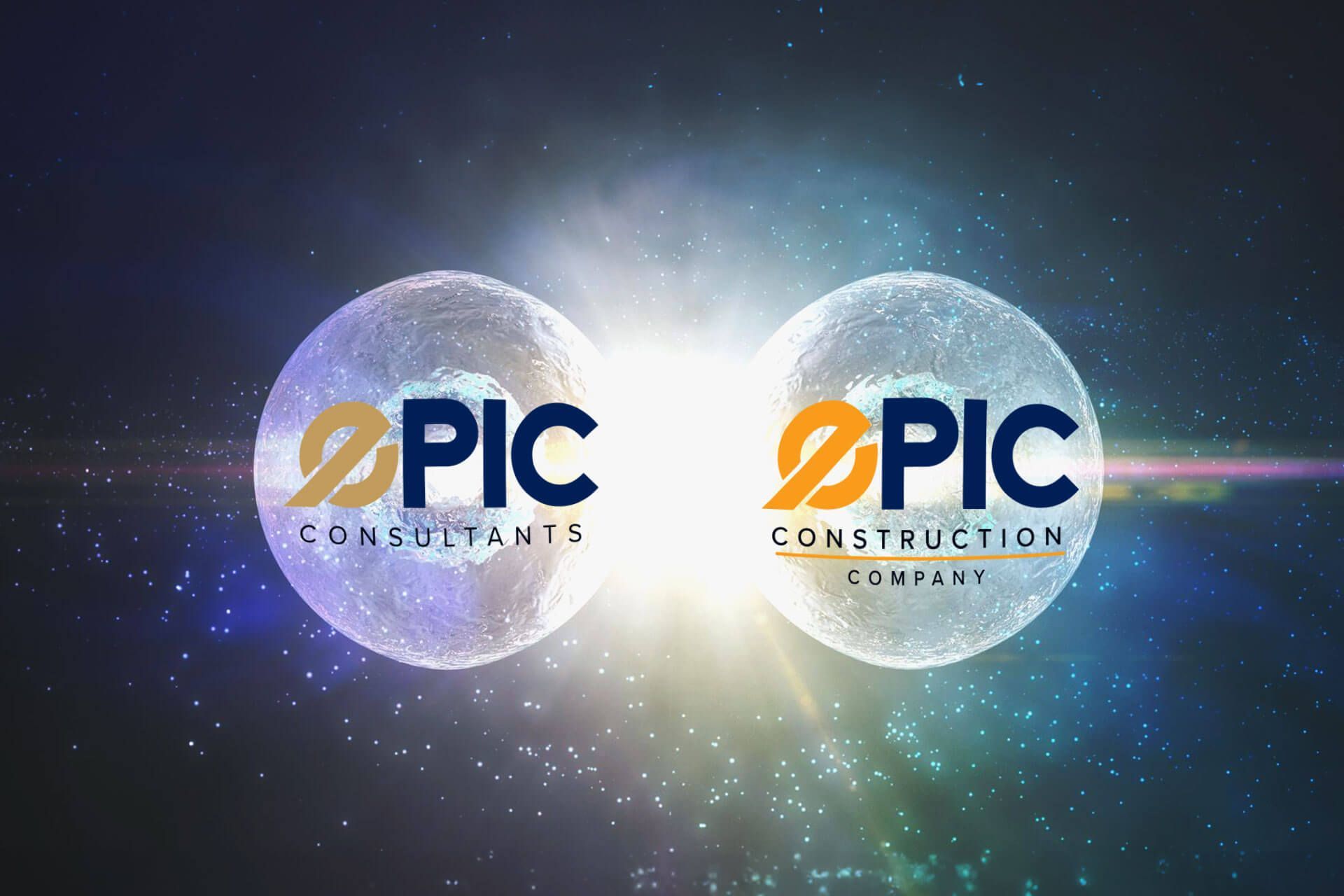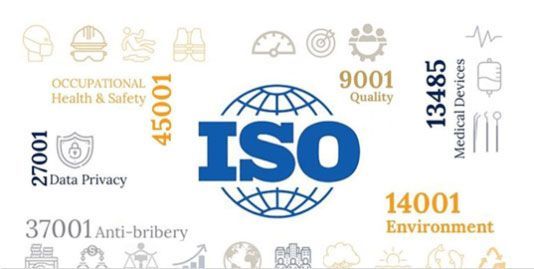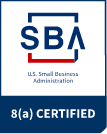Nobody likes meetings. We meet a lot
, and bad meetings are not only annoying, but they also cost a lot of money.
Now, with most meetings being held online, they are even worse! Technical difficulties, distractions, lack of physical presence all make online meetings harder to handle… and usually it takes a lot more effort to make them effective.
It is interesting that even though we’ve seen more and more articles giving recommendations on how to make the most out of tools and optimize communication, not enough give practical advice on how to make a great meeting.
Great meetings help you reach decisions and consensus quickly; optimizing time and energy investments. So, here are 3 tips
that will help you have better meetings:
Identify Meeting Wastes
Start by identifying and measuring the enemy – (“What Can’t be Measured Cannot be Improved”):
- Repeating information for latecomers
- Failing to reach consensus
- Reading to people
- Not using an agenda
- Basing decisions solely on opinion
- Not making enough decisions
- Discounting the contributions of others
And some wastes are specific to online meetings:
- Not meeting minimum technological requirements
- Not having the systems / software setup properly
- Not having technical knowledge of needed tools / software
- Not being in an adequate meeting setting (noisy, interruptions, disturbing background, …)
- Showing up in improper attire
- Being distracted and un-engaged during the meeting (cellphones, computers, …)
Have a Time-Based Meeting Agenda for Every Meeting
Who’s been to a meeting that you felt was unnecessary, not needed, or that the team accomplished “zilch”?
Creating an effective agenda is a critical tool for a good meeting. A good agenda should cover:
- What topics will be discussed?
- Who is responsible for completing assignments?
- How much time will be allocated to each topic?
- What tools will be used to discuss each topic? i.e., process maps, reports, etc.
- What are the expected results for each topic? i.e. Deliverables
When you have clear expectations, it is easy to identify the need for the meeting, which will result in attendees coming in better prepared, and willing to participate. Also, expectations make it easy to discern if the meeting objectives were or were not met. Coupled together, waste identification and the measuring of defects make it easy to identify why objectives might not have been met, and therefore allow for corrective action.
Have an Assigned Facilitator
Last, but not least, it should be mandatory that every online meeting have an assigned facilitator. Really, it can be argued that every offline meeting should as well ( and that will be the subject of a future article
). A facilitator is the owner of the meeting process. They guarantee the agenda is covered in the allotted time, ensure everybody is involved and engaged, and that a consensus on the objective is reached.
A facilitator is like a referee, she/he enforces the rules of the meeting but don’t play. It is a key ingredient that most organizations miss in their pursuit of holding effective meetings.
Even if you do not have the opportunity of having somebody external to facilitate your meetings, you can always assign a team member to be the facilitator for each meeting. If that is the case, knowing that facilitation is not their main job function, here are a few guidelines to help her/him to be successful:
- Define roles and responsibilities for the Team
1. Team Leader
2. Facilitator
3. Timekeeper
4. Note taker - Prepare meeting facility / environment
1. Communication Systems / Softwares setup and tested ahead of time
2. Files open and ready to use
3. Define ground rules: videos should be on, microphones off
4. Offline tools (Projector / TV, Easel / Boards, Markers, Tables / Chairs)
5. Conducive to have an effective meeting - Improve / acquire Facilitation skills
1. Plenty of books and resources are available: “Facilitation with Ease” is a great one to start with
2. Courses / Training for one day – three day – five day
3. Participate in a live meeting with EPIC Consultants
So, Let’s Make it Better
with 3 tips
– measure your meeting defects, create an effective agenda and allow a facilitator to manage that process.
What have your meeting experiences been? Please share and let us know what you’ve done to improve them!









